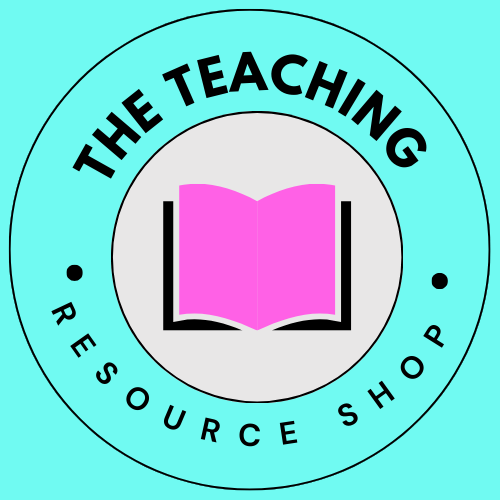Types Of Assessment For Learning
In education, teachers employ various types of assessments for effective learning and growth in the classroom. These assessments serve as valuable tools to gauge students' progress, identify areas of strength and weakness, and tailor instruction accordingly. Here are some essential assessment methods:
1. Formative Assessments: These ongoing assessments occur during instruction to provide immediate feedback on students' understanding and inform instructional adjustments.
2. Summative Assessments: These evaluations measure students' overall achievement at the end of a unit, course, or grading period, often in the form of tests or projects.
3. Performance-Based Assessments: These assessments evaluate students' skills to apply knowledge in real-world scenarios
through tasks such as presentations, experiments, or portfolios.
Assessment serves many different purposes. It can grade the attainment of learners, help to select candidates for jobs or future courses, contribute to evidence on the effectiveness of courses and teachers, and provide a long-term goal for learners. (Teaching Today - Geoff Petty)
4. Self-Assessments: Students reflect on their learning progress, set goals, and evaluate their strengths and areas for improvement.
5. Peer Assessments: Students provide feedback to their classmates, promoting collaboration, communication, and critical thinking skills.
6. Diagnostic Assessments: These assessments help identify students' prior knowledge and misconceptions before instruction begins, enabling teachers to tailor their approach.
By combining these assessment methods, teachers can comprehensively understand their student's learning needs and facilitate a supportive and engaging classroom environment.


